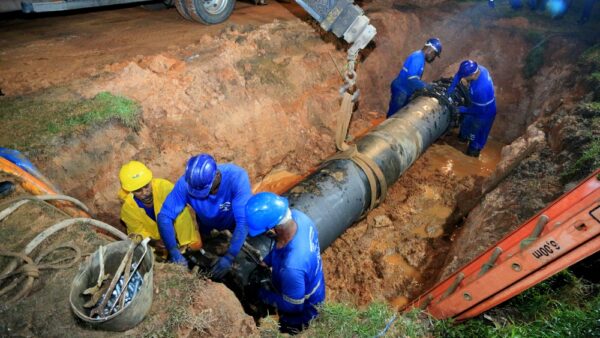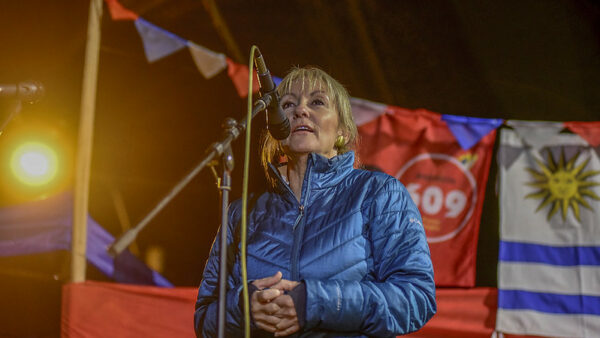The Covid-19 pandemic continues to spread among indigenous communities. The latest figures from the National Committee for Indigenous Life and Memory — an association of representatives and nonprofits working with native Brazilian groups — shows that at least 293 indigenous people have died of Covid-19 in Brazil.
In April, the country had officially recorded 28 indigenous deaths caused by Covid-19, a tally that increased by more than five times with 154 registered deaths so far in June. The committee also displays at least 5,743 confirmed Covid-19 cases among indigenous communities, while official Health Ministry data shows only 3,345 confirmed infections. However, government data only includes people who live in traditional villages, disregarding those in urban settings or more isolated groups.
It is the rising level of Covid-19 cases among isolated groups, nonetheless, that concerns community leaders and activists. Due to their remote existence, access to health treatment and lack of previous exposure to viral diseases make these groups especially vulnerable to the coronavirus pandemic. In some cases, traveling from villages to the nearest hospital can take a three-hour plane journey.
These groups’ remote locations also suggest that the virus was brought by outside trespassers, who are taking advantage of looser oversight of territories during the pandemic to illegally exploit these lands’ resources. Covid-19 is not the only threat to indigenous people right now, as this lack of surveillance and looser environmental regulations are critically exposing these vulnerable groups.
 Support this coverage →
Support this coverage →

 Search
Search






































